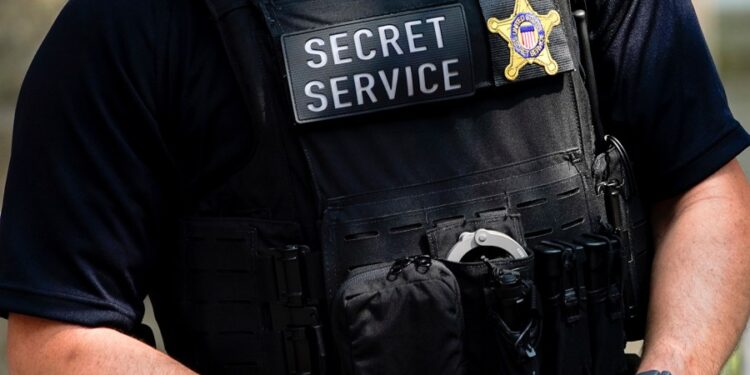
Fewer than one-third of U.S. adults rate the U.S. Secret Service’s job performance as “excellent” or “good” in the latest Gallup survey, marking a new low for the federal agency tasked with protecting the country’s political leaders.
The survey released Monday marked the first time in the last decade that more Americans rated the Secret Service’s performance as poor, at 36 percent, than they rated it excellent or good, at a combined 32 percent. Another 25 percent rated the agency’s performance as “only fair.”
The latest survey — conducted nearly entirely before the second apparent assassination attempt on former President Trump on Sept. 15 — showed a dramatic 23-point drop from the previous survey. Last year, 55 percent rated the agency’s performance as “excellent” or “fair,” 30 percent rated the performance as “only fair” and 13 percent rated the agency’s performance as “poor.”
The Secret Service has come under heightened scrutiny since Trump was targeted at a rally in Butler, Pa. by a gunman and was rushed off stage after a bullet grazed his ear.
The agency’s director ultimately resigned amid the public outcry.
The Secret Service conducted an internal review following the initial assassination attempt and, according to the results released on Friday, found “multiple operational and communications failures” by the agency in the lead-up to the July assassination attempt.
The initial findings indicated numerous gaps in planning, ranging from an unclear chain of command between the agency and local law enforcement partners at the rally to an inability for them to easily communicate across different radio frequencies.
It also found some staff did not follow Secret Service protocol — raising questions over future disciplinary actions.
Gallup researchers compared the recent double-digit drop in support for the Secret Service to similar historic moments in U.S, history that have seen dramatic declines in support for the agency. They noted the Centers for Disease Control and Prevention (CDC) saw its job rating drop by 24, from 2019 to 2021 – before and after the onset of the pandemic. Additionally, the Federal Reserve’s rating similarly fell by 23 points from 2003 to 2009, after the start of the Great Recession.
The Hill has reached out to the Secret Service for a response.
The new survey, conducted Sept. 3-15, included interviews with 1,007 U.S. adults and has a margin of error of 4 percentage points.







